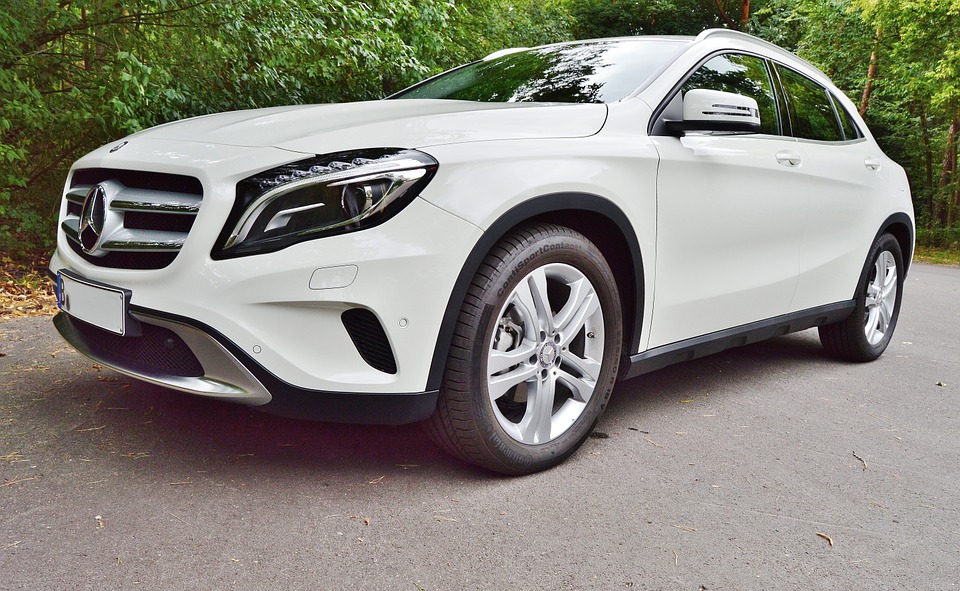If the only question you ask about your new choice of vehicle is whether to order one in red or black you are going to end up with a set of wheels that might not be suitable for your lifestyle and needs.
There is a thought process that needs to go into narrowing down your choice of vehicle that goes way beyond colour and additional features. Here are some of the key questions to go through so that you end up with the perfect vehicle choice.

It starts with body style
A fundamental part of your car buying process will involve determining what kind of car you actually need.
If you are looking for a car that makes a statement about who you are and are more concerned with stylish looks and creating the right impression rather than any practical needs, you are probably going to be looking at either a coupe or convertible.
The obvious drawback to a vehicle styled to impress is that looks and performance dominate over practicalities like any sort of rear seat legroom or any rear seat at all.
If you want to remain focused on style but also want to accommodate a young family, a four-door sedan will give you comfort as well as style and will be able to cope with small children in the back.
If you have a growing family and need all the seats and room you can get, this will mean you are more likely to be looking at a hatchback or SUV.
As you can see, body style is an important consideration and if you don’t pick the right one for the number of regular passengers and how you intend to use the vehicle, you may well regret not accepting that some compromises might have to be made in order to get the best use and comfort for you and your passengers.
Be disciplined with your budget
Making the right vehicle choice is as much about affordability as it is with practical issues like the body style and the size of car you want.
It always pays to learn more about your financing options to see what loan deals are available and to work out how much you can comfortably afford to borrow. A good tip would be to be well informed on your choice of financing deals before you visit the car dealer so that you can compare rates and terms rather than accepting what they are offering you.
A regular trick employed by some car salesman is to ask you how much you are looking to pay each month and then conveniently sell you a car that fits with that number. You could actually end up paying more for the car if you focus on monthly payments rather than the purchase price of the vehicle.
The right way to do it is to treat the purchase of the car and arranging the finance as two separate transactions, that way you can get the best possible deal on both rather than compromising on one or the other.
Do your research
Many of us can be instantly attracted to a car that we think is just what we are looking for, but if that is something you can see yourself doing it would be a good idea to try and take a step back and avoiding setting your heart on a made and model too soon.
It might end up that you do decide to buy that particular make and model but it often pays to do your research and read some reviews for the vehicle. It also makes sense to check out the competition and look at other makes and models in the class and category to see if they offer better value and more useful features.
Another important aspect to research is ongoing running and maintenance costs.
Some makes and models depreciate quicker than others and there can be noticeable differences in how much it costs to insure and service your car. Make sure you know how much your car is likely to cost you not just to buy but to keep on the road for the time of your ownership.
Don’t be afraid to ask plenty of questions when choosing a vehicle, it could save you a lot of money and hassle, and will help ensure you get the right car for your needs both now and in the near future.
